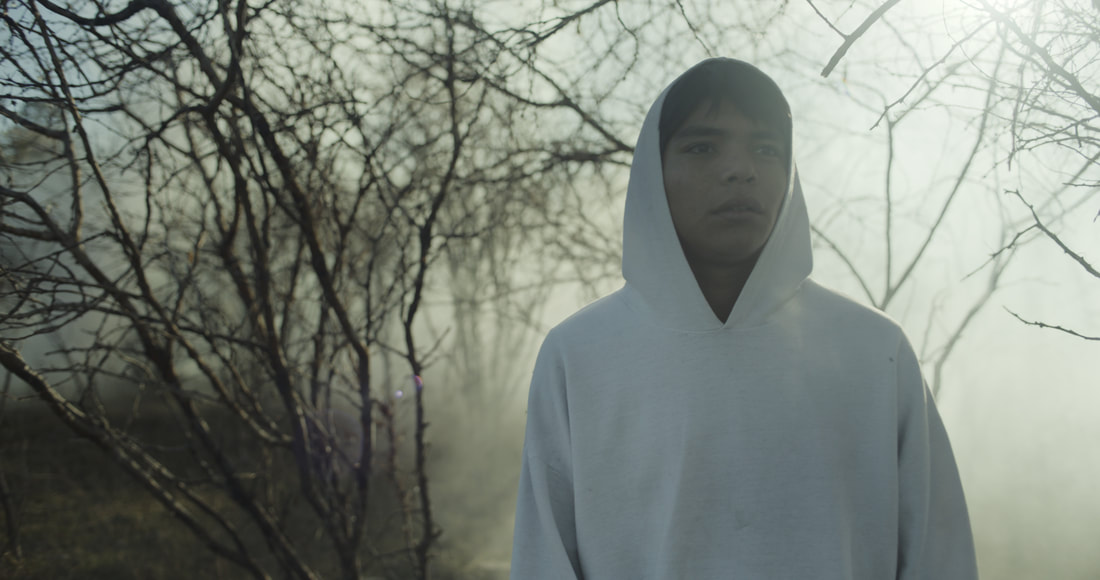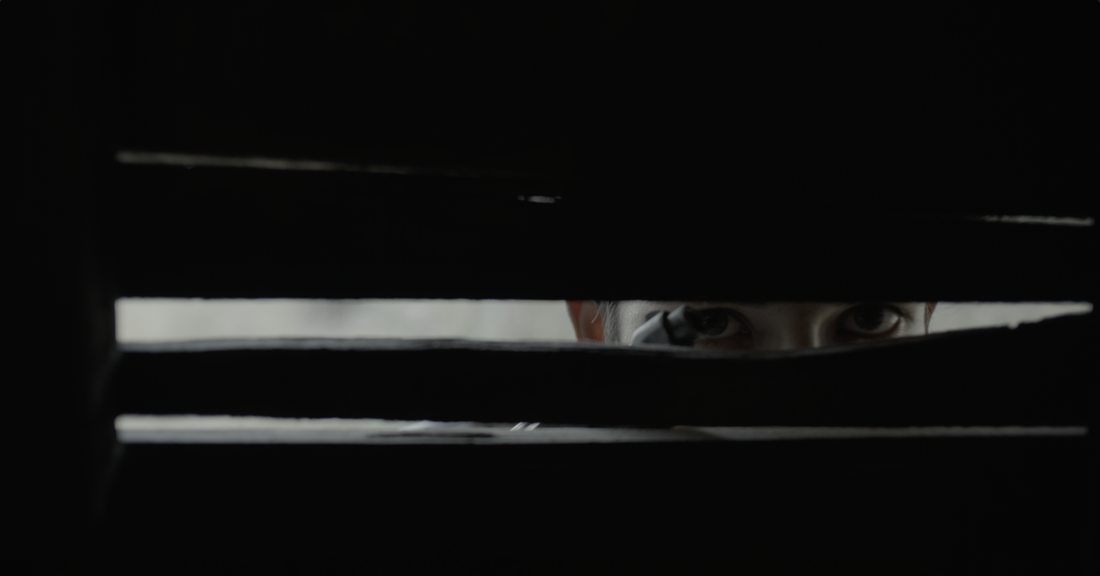|
Review by Sean Boelman
Mexican filmmakers Astrid Rondero and Fernanda Valadez previously collaborated on the highly acclaimed Identifying Features, so their follow-up, Sujo, was one of the most exciting international prospects of this year’s Sundance. Although the film ends up feeling much more conventional than it clearly hopes to be, the level of artistry and ambition on display are certainly impressive.
Sujo tells the story of a Mexican boy who, as he grows up after the cartel assassination of his father at the age of 4, attempts to grow out of the shadow of violence into which he was born. Although the script hits many of the typical beats of the coming-of-age genre, it’s mostly very nuanced in its approach, ensuring that the emotions always resonate. The first hour and a half of Sujo are unconventional in a way that one would almost expect this to have been in the NEXT section, rather than the World Cinema Dramatic Competition. It’s very expressionistic and poetic, using beautiful cinematography by Ximena Amann to create symbolism to elevate it to something greater than the sum of its parts. In the final third, Sujo turns into something much more conventional. As the protagonist enters his teenage years, his arc begins to hit much more predictable beats. At a certain point, the film turns into the type of “teacher helps disadvantaged student” movie you’ve seen dozens of times before, then it just… ends. It’s still good as a whole thanks to Rondero and Valadez’s tender direction, but it is a letdown compared to the extraordinary first two-thirds.
Admittedly, compared to their work in Identifying Features, the approach Rondero and Valadez take to their themes feels much less urgent in Sujo. It feels like what is missing is a deeper connection between the big picture of the epidemic of cartel violence and the more intimate aspects of this character’s story.
However, the first third does such a great job of connecting us with the character that, when the movie resorts to pulling at the heart strings with more melodramatic “tragedy,” we are still on board with Sujo and feel a deep pain for him. The supporting characters, while not particularly compelling on their own, are effective as a web of connections to develop the protagonist. The biggest strength of Rondero and Valadez seems to be getting phenomenal performances out of their actors. Both actors who play the protagonist — Juan Jesús Varela and the younger Kevin Uriel Aguilar Luna — are newcomers, yet they bring an understated emotion to the role, even in the moments that feel more familiar. Sujo may not be as strong as Rondero and Valadez’s last cinematic outing, but it still has plenty to offer. Thanks to great direction and some utterly breathtaking cinematography, the film is able to overcome some of its conventional plotting to still be transfixing — even if the third act threatens to derail the whole thing. Sujo is screening at the 2024 Sundance Film Festival, which runs January 18-28 in-person in Park City, UT and online from January 25-28. Rating: 3.5/5
0 Comments
Leave a Reply. |
Archives
July 2024
Authors
All
|
|
|
disappointment media
Dedicated to unique and diverse perspectives on cinema! |


